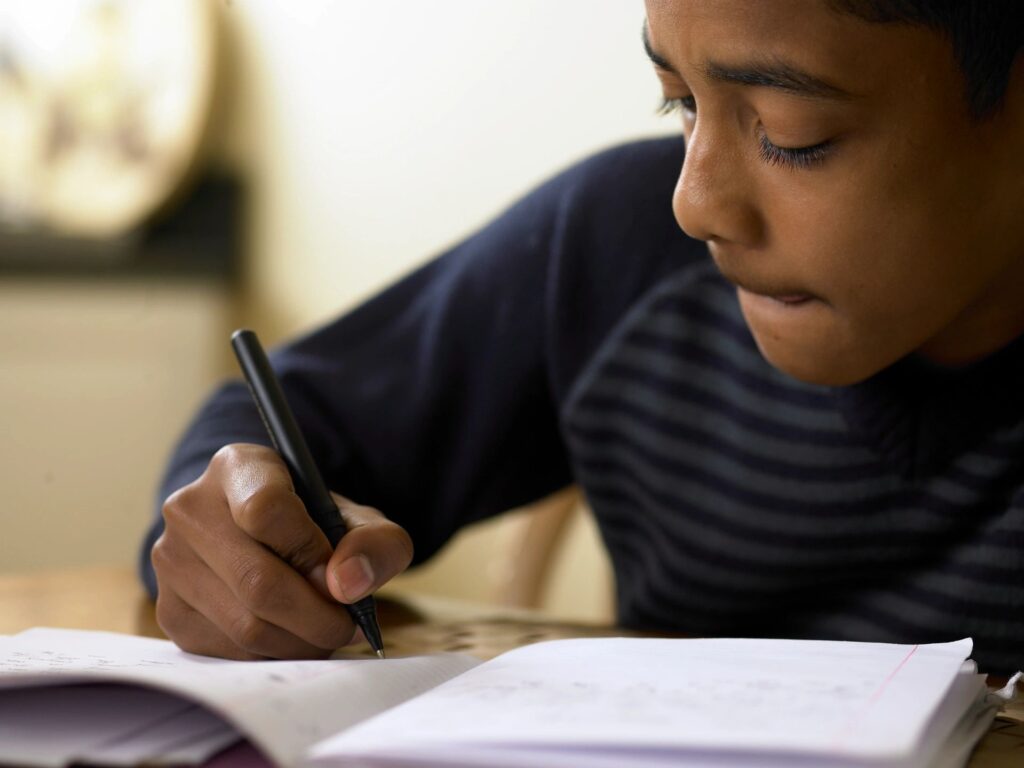Film: The School to Prison Pipeline in Ontario (Black Legal Action Centre, 2022)
Real Talk, Real Walk™ Monthly Livestream: July 20, 2023 @ 12pm
Where to join: Register HERE or watch live on Facebook, LinkedIn, Twitter, or YouTube.

Believing Black Experiences
In June, we spent time looking closely at how anti-Black racism appears in post-secondary education. Recognizing what anti-Black racism looks like was key.
The next step for anti-racist practitioners is to believe what they hear.
Sounds simple, doesn’t it?
And yet, as we take our time and watch The School to Prison Pipeline in Ontario, story after story describes the ways in which not believing Black people as they described their experiences of racism continues to impact generations of Black families. From parents who have to rely on alternative schools and programs to ensure their children are safe(r) throughout the school day, to knowing that engagement with any public institution is merely a game of survival, one thing is clear: refusing to believe the words coming out of the mouths of Black people is often the beginning of the end. More specifically, it can literally catapult Black people into the criminal justice system.
Notably, this documentary is not speaking about the high profile examples of Black death which circulate on social media. And it’s not focused on the cases that make headlines in newspapers across Ontario or around the globe. Rather, they are pointing to the day-to-day examples of anti-Blackness that far too many Black people experience.
In other words, they are speaking about the everyday risk that Black communities have of finding themselves ensnarled in the criminal justice system simply because those who could make a change didn’t believe them when they courageously shared their experiences of anti-Blackness.

Unspoken Rules
What remains unspoken must also be illuminated:
Far too many people in positions of influence did very little as these examples of anti-Blackness were being experienced.
What were the bystanders doing as a child remained alone, with the lights out, in a photocopy room?
After the teacher’s assumption about a Black child’s involvement in a playground fight was proven wrong, what happened to the teacher?
How many calls to the police arise when a Black child “misbehaves” at school?
What comes of those who catapult Black families into the child welfare system simply because of “misunderstandings” and “errors” interpreting events reported to them?
Who is believed, who is ignored, and who makes it through the maze of anti-Blackness?
And the most important question for you to ask yourself:
What can I do to intervene?
Because what we also know, is that remaining silent in the face of racism is often the unspoken agreement made and upheld. It’s the “norm” that lets us go in and out of work, feeling like there is nothing we could do. In fact, this unspoken rules drives our justification for remaining silent… for not acting.
Now, take a deep breathe, because:
Today, you will not turn away.
You will not be satisfied with second-hand accounts of the impact of anti-Black racism on generations upon generations of Black community members.
Today, you will not let feelings of guilt or shame or fear have you avert your gaze.
You can and you will be the change.

